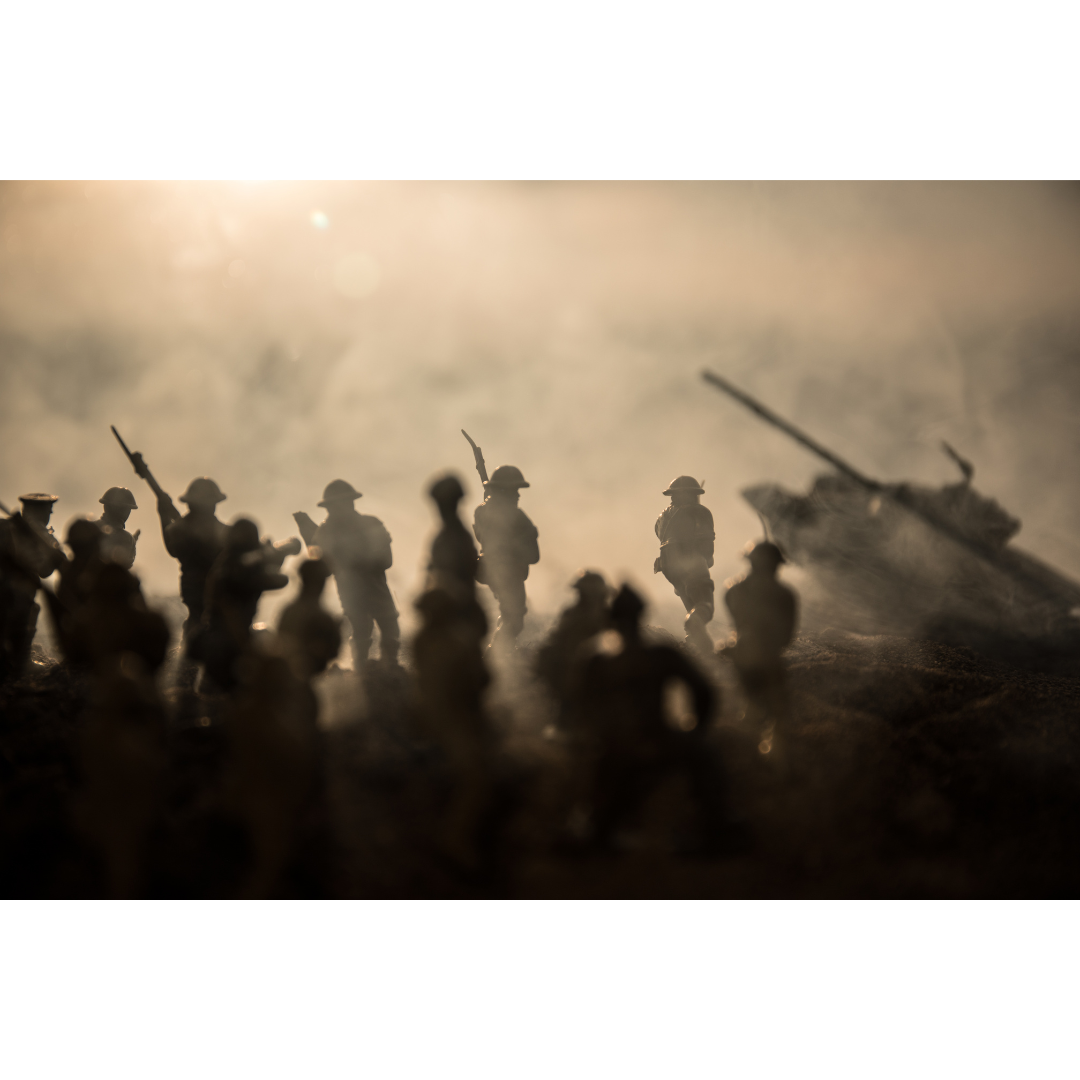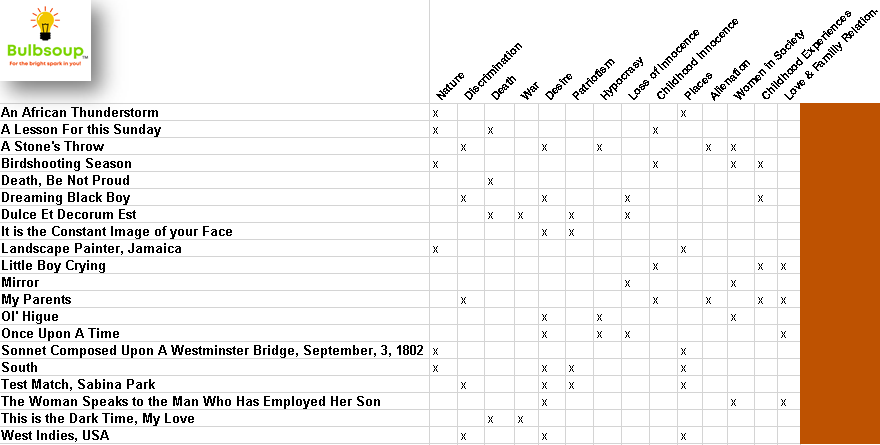Sentry Page Protection
DEATH, BE NOT PROUD
|
|
John Donne (1571 or 1572 – 31 March 1631) was an English poet, scholar, soldier, and secretary born into a recusant family, who later became a cleric in the Church of England. Under royal patronage, he was made Dean of St Paul's Cathedral in London (1621–1631). He is considered the preeminent representative of the metaphysical poets. (more)
|
LITERAL MEANING
The speaker is berating Death, telling him that he should not be proud because he is not mighty or dreadful. Those whom Death thinks he has overthrown do not die and neither (www.bulbsoup.com) has the speaker, himself, yielded to Death. Death is a slave to many things that diminish his power, so he should not be proud. To top things off, when we die, we wake eternally.
The speaker is berating Death, telling him that he should not be proud because he is not mighty or dreadful. Those whom Death thinks he has overthrown do not die and neither (www.bulbsoup.com) has the speaker, himself, yielded to Death. Death is a slave to many things that diminish his power, so he should not be proud. To top things off, when we die, we wake eternally.
|
1. Death, be not proud, though some have called thee
4. Mighty and dreadful, for thou art not so: For those whom thou think'st thou dost overthrow Die not, 5. poor Death; nor yet canst thou kill me. 5 1. From Rest and Sleep, which but thy pictures be, Much pleasure, then from thee much more must flow; And sooner 6. our best men with thee do go - Rest of their bones and souls' delivery! 10 Thou'rt slave to fate, chance, kings, and desperate men, And dost 7. with poison, war, and sickness dwell; And 8. poppy or charms can make us sleep well And better than thy stroke. 2. Why swell'st thou then? One short sleep past, we wake eternally, 3. And death shall be no more: Death, thou shalt die! Poet: John Donne |
LITERARY DEVICES
1. PERSONIFICATION
|
periods before we reach salvation. This renders Death powerless because the state of being dead becomes an impermanent one, and Death's power lies in its permanence.
2. RHETORICAL QUESTION
2. RHETORICAL QUESTION
- Stanza 1, line 13: The purpose of this rhetorical question, 'Why swell'st thou then?' is to highlight that Death has nothing to be proud of. He is not powerful, as proven in the octave, and is to be pitied, as seen in the sestet.
- Stanza 1, line 14: The repetition of the 'D' sound highlights the distaste (www.bulbsoup.com) that the speaker has for Death. The alliteration highlights the triumphant tone at the end of the poem. The speaker has won his argument, Death is powerless and should not be proud.
IMPORTANT WORDS/ PHRASES
4. 'Mighty and dreadful' (Stanza 1, line 2)
These two terms connote fear and power. So, they are used to create a visceral feeling of those exact same things; fear and power. The poet then skillfully creates a contrast by saying that Death is NOT these things. This is an important statement that introduces the idea of Death as weak, an idea that is at the very center and is the purpose of the poem.
5. 'poor Death' (Stanza 1, line 4)
This highlights the fact that the speaker believes that Death has deluded himself, in terms of his belief in his strength and power. This is non-existent because Death cannot even affect him, the speaker.
6. 'our best men' (Stanza 1, line 7)
The fact that the best of the crop could/ can fall prey to Death highlights the fact that Death waits on no man, he is a social equalizer who will make his presence felt regardless of race, colour, creed, or station. Yet, the speaker still feels that he, Death, is powerless because Rest and Sleep (salvation to come) supersede Death.
7. 'with poison, war, and sickness dwell' (Stanza 1, line 11)
The speaker identifies allies of Death, who dilute Death's power. These concepts compete with Death by robbing him of the sole ownership of mortality.
8. 'poppy or charms can make us sleep as well And better than thy stroke' (Stanza, lines 12-13)
The speaker throws probably his most effective punch at Death with this phrase because these things, poppies and charms, are frivolous. If frivolous things are seen to be more effective than a stroke, then Death is truly powerless.
4. 'Mighty and dreadful' (Stanza 1, line 2)
These two terms connote fear and power. So, they are used to create a visceral feeling of those exact same things; fear and power. The poet then skillfully creates a contrast by saying that Death is NOT these things. This is an important statement that introduces the idea of Death as weak, an idea that is at the very center and is the purpose of the poem.
5. 'poor Death' (Stanza 1, line 4)
This highlights the fact that the speaker believes that Death has deluded himself, in terms of his belief in his strength and power. This is non-existent because Death cannot even affect him, the speaker.
6. 'our best men' (Stanza 1, line 7)
The fact that the best of the crop could/ can fall prey to Death highlights the fact that Death waits on no man, he is a social equalizer who will make his presence felt regardless of race, colour, creed, or station. Yet, the speaker still feels that he, Death, is powerless because Rest and Sleep (salvation to come) supersede Death.
7. 'with poison, war, and sickness dwell' (Stanza 1, line 11)
The speaker identifies allies of Death, who dilute Death's power. These concepts compete with Death by robbing him of the sole ownership of mortality.
8. 'poppy or charms can make us sleep as well And better than thy stroke' (Stanza, lines 12-13)
The speaker throws probably his most effective punch at Death with this phrase because these things, poppies and charms, are frivolous. If frivolous things are seen to be more effective than a stroke, then Death is truly powerless.
THEMATIC CATEGORY: Death
ATMOSPHERE
The tone of the poem is aggressive, in the octave, but then pity can be seen in the sestet, except for the very last line of the couplet that becomes triumphant.
The mood of the poem is generally reflective.
The tone of the poem is aggressive, in the octave, but then pity can be seen in the sestet, except for the very last line of the couplet that becomes triumphant.
The mood of the poem is generally reflective.
Contributor: Leisa Samuels-Thomas
Donne, John. 'Death, be not proud' in A World of Poetry. Edited by Mark McWatt and Hazel Simmonds McDonald. Pearson Education Ltd, 2005.
https://en.wikipedia.org/wiki/John_Donne
Donne, John. 'Death, be not proud' in A World of Poetry. Edited by Mark McWatt and Hazel Simmonds McDonald. Pearson Education Ltd, 2005.
https://en.wikipedia.org/wiki/John_Donne








